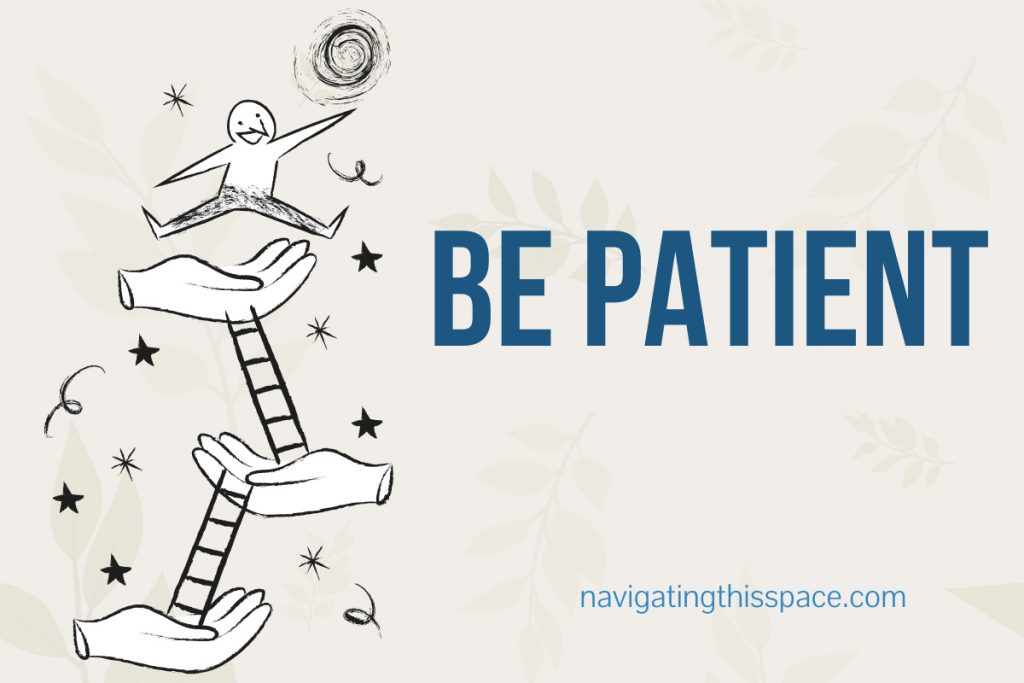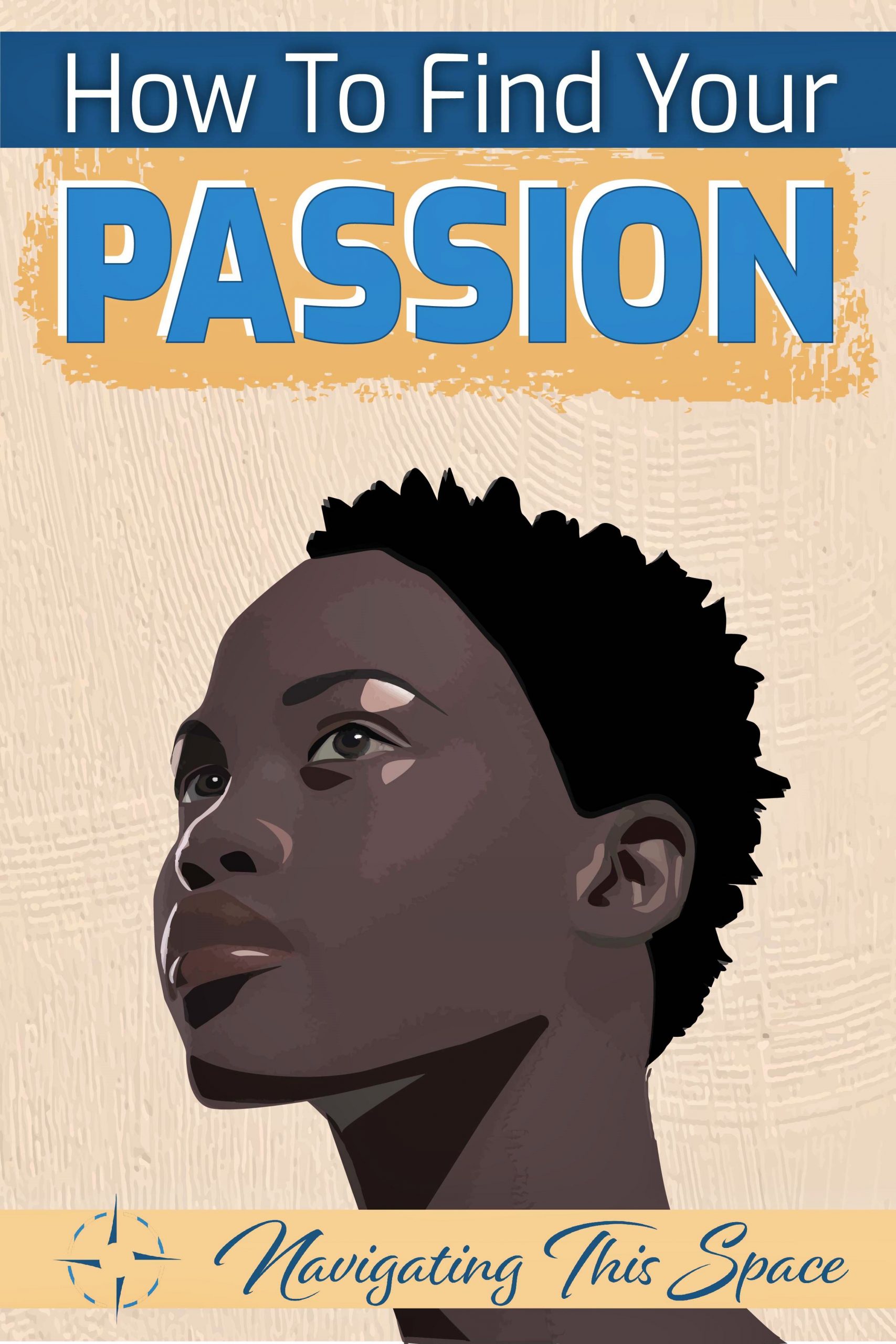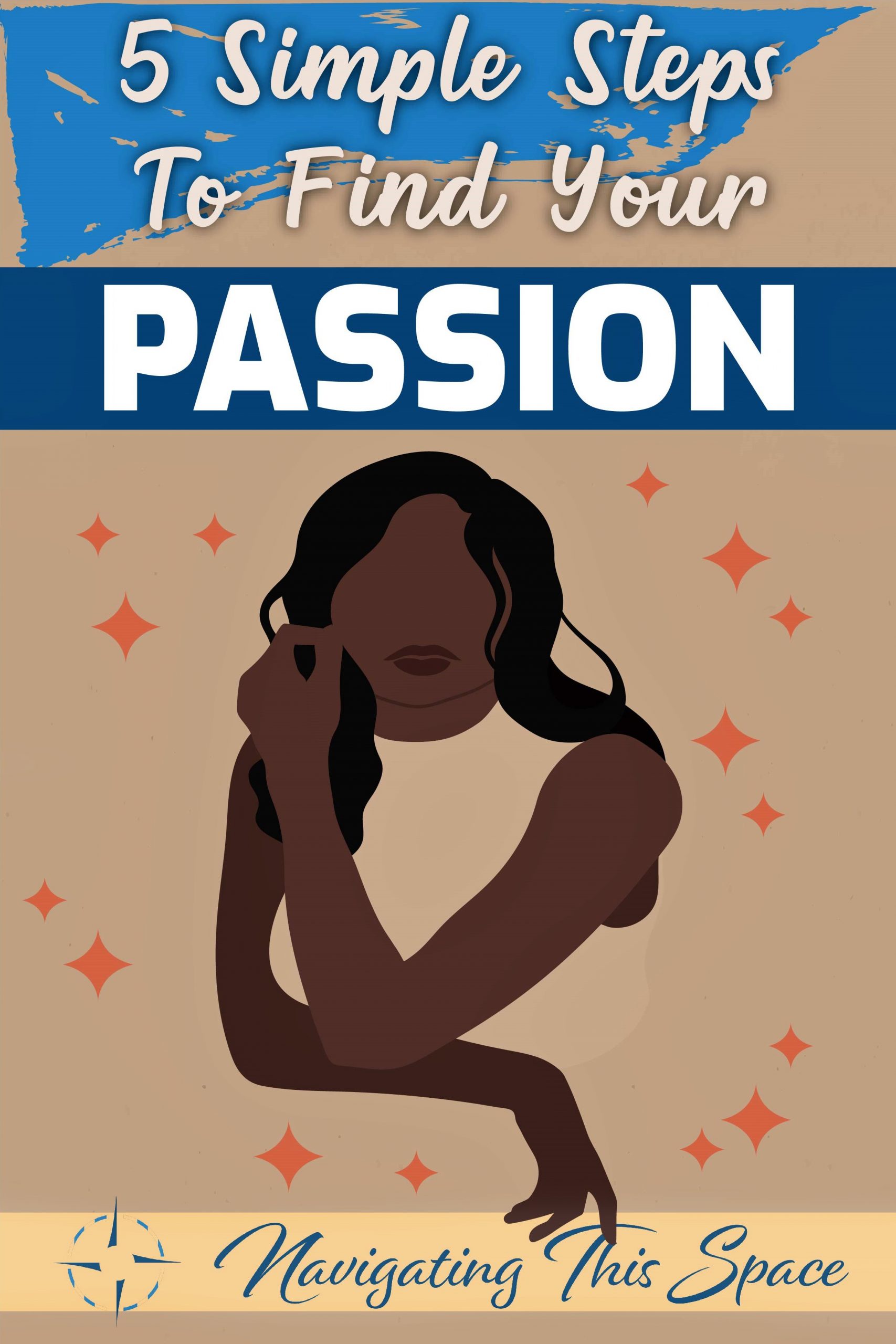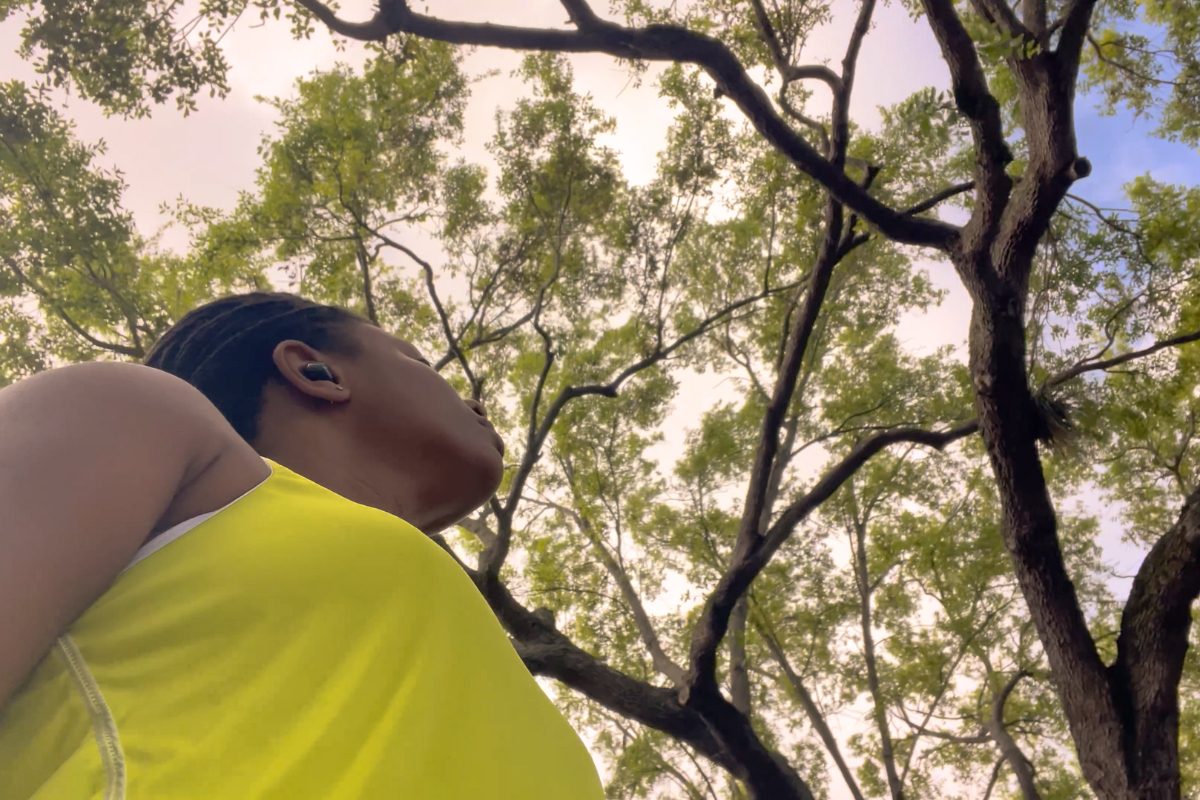Most people have a hard time finding what they’re passionate about. I know I had a very difficult time finding what I loved. Even now, I go back-and-forth questioning myself if what I’m doing is really what I’m truly passionate about.
This back-and-forth questioning has helped reassure me many times and allowed me to create 5 simple steps to help you find what you’re passionate about to live a more fulfilling life.
However, before we jump into the steps, let’s discuss what it means to find your passion.
- How to Discover What You’re Passionate About
- Simple Steps to Find Your Passion
- Be Patient
- Questions You May Have
How to Discover What You’re Passionate About

I tend to do things that bring me joy and enhance my well-being. I’ve noticed that whenever I stray away from those things because of money or some other nonsense, I find myself feeling unfulfilled, frustrated, angry, and depressed.
With those emotions and feelings at the forefront, it becomes harder to focus on the positive side of things, and that triggers the negative voice in my head to become louder and start screaming things that are not true.
But what brings me joy won’t necessarily make you or someone else happy. Everyone’s thought processes, actions, and hobbies are different, which is a key element to factor when trying to find your passion.
Suggested Article: 5 Tips on How Positive Self-Talk Can Change Your Life
So what is passion?
According to the Oxford dictionary, passion is “a very strong feeling of liking something; a hobby, an activity, etc.”
As you can see, it’s a very basic definition, and that’s understandable because passion is different things for different people.
Doing something you’re passionate about should feel good and evoke higher frequency emotions within you. Those emotions are happiness, joy, love, playfulness, and every other emotion that raises your spirit.
Some people are passionate about making money, while others find their passion in helping others. Some find their passion in painting, while others find their passion in playing video games.
The list is endless, and that’s a good thing because it means there’s something out there for you. You just have to know where to look.
Simple Steps to Find Your Passion

Now that you have a general understanding of what passion is, it’s time to find yours.
This goes without saying, but I should remind you that the first step is always the hardest in anything you choose to venture into.
The reason the first step is always so difficult is because it requires you to take action. Most people find it hard to do, especially if they don’t know where to start. It is a very valid reason.
So, before you start with any of the steps, use your free time to prepare your mind by telling yourself that change doesn’t happen until you want it to happen.
Step 1: Pay Attention to What Brings You Joy
Start paying attention to the things you do that evoke positive feelings. This can be anything from reading a good book, drawing and painting an original piece, watching or discussing your favorite TV show, listening to music, spending time with animals, writing about your day and nights, and even watching the sunrise or sunset.
Write all of these amazing things in your journal to create a list of joyful interests. The more detailed you get, the more you’ll find a hidden gem that you’ve been overlooking for years.
For example:
I enjoy reading books, tons and tons of books. If given the opportunity to choose between a tv show and a book, I’ll choose the book without hesitation. Alongside my love of books, I enjoy writing about everything. From poems to songs to journal entries, writing always gave me a sense of peace and joy. When I decided to start this blog, the idea seemed so natural that I’m still wondering what stopped me all those years. The more I read, the more I wanted to write and vice versa.
My love of books and writing helped me find my passion and reconnect with what I’ve always loved to do, and that’s immersing myself in stories.
Because I chose to pay attention to what brought me joy, I saw that I’d been bypassing my passion for years without realizing it.
Step 2: Reflect on Your Childhood
Your passion will more than likely be something you enjoyed doing as a child.
Think back to when you were younger. What did you like to do? What games did you like to play? What activities did you find yourself doing all the time?
Our childhood holds a lot of answers to the things we find difficult as adults.
As children, we explored different ideas and tried things fearlessly because there were really no consequences when it came to playtime.
We shifted from playing doctor to baker and artist easily without second-guessing ourselves because there were no limitations to what we could and couldn’t do.
As we grew older, we started to limit ourselves because of our environment, skin color, or heritage, and that’s when things started to get complicated.
We started convincing ourselves that we can’t achieve certain goals because society says so and unconsciously build a box around ourselves so tight that there’s no room left to think and grow.
That’s why it’s important to remember what you enjoyed doing as a child before society and your limitations told you that you’re not worthy.
Next to your list of the things that bring you joy now, list all the things that brought you joy as a child. What was that one thing that always pulled you in? That thing that made you lose all concept of time, the thing that made you smile just by thinking about it?
Write it down.
Step 3: Determine Your Skills
Everyone has a skill or two. Whether it’s cooking, cleaning, gardening, talking, or drawing, there’s something you can do that no one else can do quite like you.
These are things people come to you for help with or ask your opinion about. Pay attention to what your friends, family, and even acquaintances say you’re good at because they have a different perspective toward you than you do yourself.
I find it best that you don’t ask what you’re good at because people won’t always know how to explain when asked directly. Instead, make it your duty to observe and determine why they come to you for help with specific things.
For example:
I’m always the one my friends come to when they need to talk about their problems because I have a way of making them feel better by helping them see things from a different perspective.
It wasn’t until recently that I realized that this was a skill that I possessed because when I was younger, I was always in a state of confusion when random family members or friends would come to me to talk about their problems even though I had no clue what to say to help because of lack of experience. I used to just sit there and listen without interrupting.
I read later in a book that during those moments, this person was looking for a release and all they needed was a listening ear. In actuality, they were really talking to themselves, and I served as their mirror.
Your friends, family, and acquaintances value you for something. Find out what that something is and write it down alongside your other lists.
Step 4: Find the Connection
Now that you’ve determined the things you find joy and fulfillment in doing both as a child and an adult, and listed your skill set; find out how they can intersect.
For example:
At the core of my existence, I find joy in making people feel better (which is my passion), and I’m good at listening (skill set).
The connection here is that I can use my skill of being a good listener to help enhance people’s feelings by being their sounding board, allowing them to vent to me about whatever they need to get off their chest.
I can now assist them further by helping them identify the root cause of their dilemma and even take it a step further to help them create a plan to solve the challenge they’re facing.
Start matching up your joyful activities with your skill set and brainstorm some ways in which you can use the two to work together.
It may be as simple as sharing your life stories with people going through something similar to help them find hope (joyful activity: storytelling + skill set: encouraging others).
If it seems complicated, you’re overthinking it.
Step 5: Experiment and Explore
You can’t find your passion and purpose in life by sitting on the sidelines waiting for something to fall in your lap from the sky. Get up and put in the work!
The only way to find out whether you’re passionate about something is by taking a risk and experimenting with the ideas you came up with.
For example:
If you find joy in cooking and people always ask for your help in the kitchen, then find a way to get more involved with food. It could be as simple as starting a cooking blog or a YouTube channel featuring your favorite recipes.
We live in the age of technology, which makes exploration and experimenting a lot easier than they used to be.
Don’t limit yourself to what you find in books, YouTube, or on TV. Challenge yourself to go out and learn from your environment and your mistakes.
You’ll gain more knowledge and develop a clearer picture of what you’re passionate about physically by doing it. Nothing beats hands-on training and that’s what your explorations and experiments are, hands-on experience to determine what your passion truly is.
Thinking about doing something and imagining the outcome is drastically different from doing that thing and feeling all the emotions that accompany it.
Always opt for hands-on experience when the opportunity presents itself so you can evaluate your emotions to see if you feel euphoric or depressed during the process.
Your emotions are a powerful indicator of whether something is your true passion. You can’t fake how something makes you feel, so pay close attention because the outcome may surprise you.
Be Patient

If you are struggling to find your passion, don’t get discouraged.
As Lao Tzu says, “The journey of a thousand miles starts with one step.”
You may be feeling stuck or spinning out of control, feel as if nothing is working, or think you’ll never find what you’re passionate about. But with time, dedication, and a lot of patience, you’ll find your way and find your passion.
We as human beings find passion in the most unexpected things. It’s not always in an area we would ever consider first. So always keep your eyes open for opportunities that may take you down an unforeseen and unexpected path because it may be your path to living a fulfilling life.
So experiment, explore, and live your life outside of your comfort zone because that’s how you’ll find what you’re truly passionate about.
Be unapologetically you.
If you enjoyed this blog post, sign up for my weekly newsletter and be the first to know when more blog posts like this are available!

Questions You May Have
What does it mean to find your passion?
Finding your passion is about figuring out what brings you joy and fulfillment. It’s about finding something you’re truly passionate about and committing to it. For some people, that might mean pursuing a career or volunteering for a cause.
How long does it take to find your passion?
Everyone’s journey is different. Some people find their passion early in life, while others may not find it until they’re older. The journey to discovering your passion is just as important, so worrying about how long it will take defeats the purpose.
What if you never find your passion?
You can still live a fulfilling life without knowing what your passion is. The important thing is to focus on what brings you joy and make the most of your talents and abilities. Living your truth is living a passionate life, regardless of whether you’ve identified your passion.
Pin It!






I think you’re so right that we need to focus on what brings us joy. It sounds so simple, but it’s really not–it takes a focused effort to notice the things in life that bring us joy. This is a great guide for anyone feeling stuck, thanks for sharing.
Focusing on what brings us joy should be easy but we live in an imperfect world so doing what we love becomes hard. Thanks for reading and commenting Amber!
Great tips! I think many of us are exploring our purpose and passion.
I agree Tracy, thanks for reading and commenting.
Finding your passion is important and a life-long journey! Love your five-step plan to finding what that is. My favorite steps are finding what brings you joy and experiment and explore. I look forward to reading more articles!
Love your post, I love the idea and joy of doing something you love. I feel like people should do what they love. It’s the important thing of finding your passion in life.
100% important!